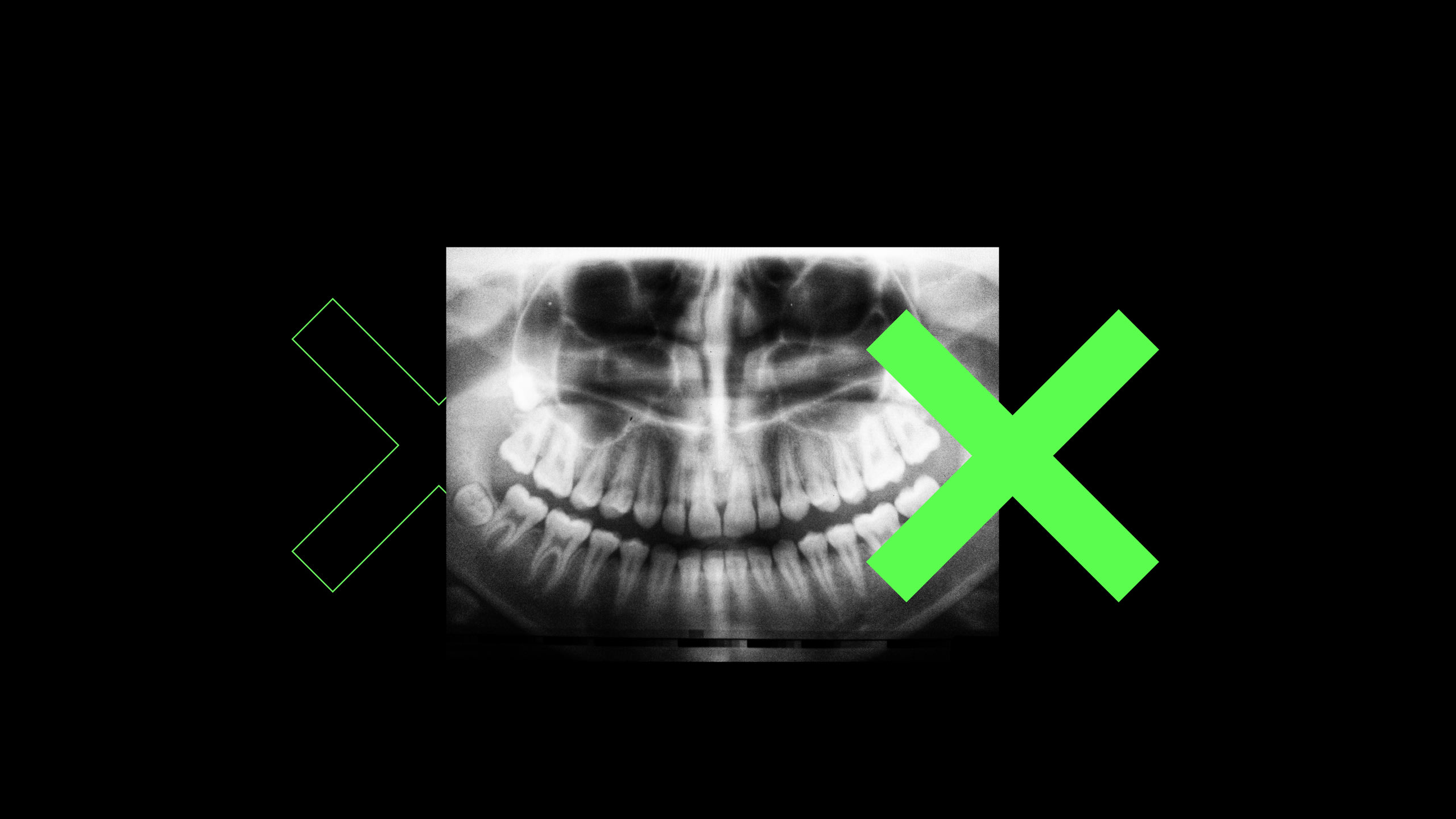
Research shows clinical trial process innovation needs to happen and soon
Despite the rapid development of the COVID-19 vaccines, clinical trials for new drugs average between five and seven years. And although the use of digital trial methodologies increased during the pandemic, the traditional trials process remains outdated, inefficient and contains a lot of repetitive, manual work. Clinical trials must experience a dramatic transformation if we are to replicate the quick development of the COVID-19 vaccines and overcome other challenges, such rising costs and a lack of patient participation.
Clinical trials still use processes from the 1970s
According to Deloitte, the extended timeline for current clinical trials is “due to the traditional flow of data across the clinical-trial life cycle, which can be a complicated maze of manual effort, rework, and inefficiency.” They cite the four data-related limitations with the current clinical trials process:
Fragmented data and disconnected systems
Extensive manual effort
Rework and repetition
Challenges in enabling innovative trial models
Multiple patient-related challenges also exist. The Deloitte Centre for Health Solutions (CfHS) Intelligent clinical trials report says that “suboptimal patient selection, recruitment and retention together with difficulties managing and monitoring patients effectively, are extending the length of trials and contributing to high trial failure rates.” Deloitte cites data showing that only 10% of drug candidates that enter clinical trials end up becoming approved drugs.
Clinical trial process is at an inflection point
The time is right for the clinical trial process to undergo a digital transformation similar to the one happening in other areas of healthcare, and biopharmaceutical and biotech companies are ready.
In 2021, Accenture survived 100 biopharma and biotech senior executives in North America and Europe that were involved in 13 active trials, including COVID-19 trials. Nearly all respondents (99%) said the pandemic had “driven additional need to use digital clinical trial methodologies that they would not have normally used.” Furthermore, 100% of survey participants said they had moved a portion of or all of their clinical trials to being digitally based as a direct result of COVID. When asked about the benefits of digital clinical trials, 52% reported improved patient recruitment, 46% reported improved patient retention and 40% said they saw an increase in the speed of drug development.
Likewise, in their November 2021 report, “Digital Transformation and Emerging Technology in the Healthcare Industry – 2021 Edition,” data analytics and consulting company GlobalData, found that “digitalization of pre-clinical and clinical trials was positively viewed by 39% of healthcare and pharmaceutical professionals in North America, also 39% in Europe and 28% in the Asia-Pacific region.”
Process optimization in healthcare and life sciences
Delivering operational excellence and consistent product quality is important in every industry, but especially in healthcare where execution management can deliver not only process improvements but help achieve positive health outcomes for patients.
Celonis healthcare and life sciences customer stories:
Johnson & Johnson Cut Costs and Cycle Times Globally with Celonis Process Mining
GE Healthcare at Celosphere: Sustainable Processes in Accounts Payable
To find out more about how Celonis can healthcare and life science organizations optimize their clinical trial processes, get in touch.



